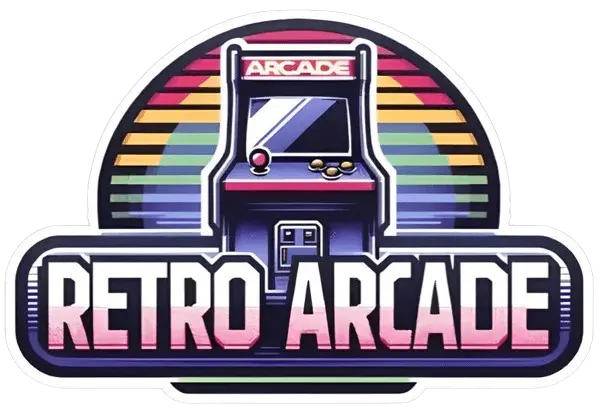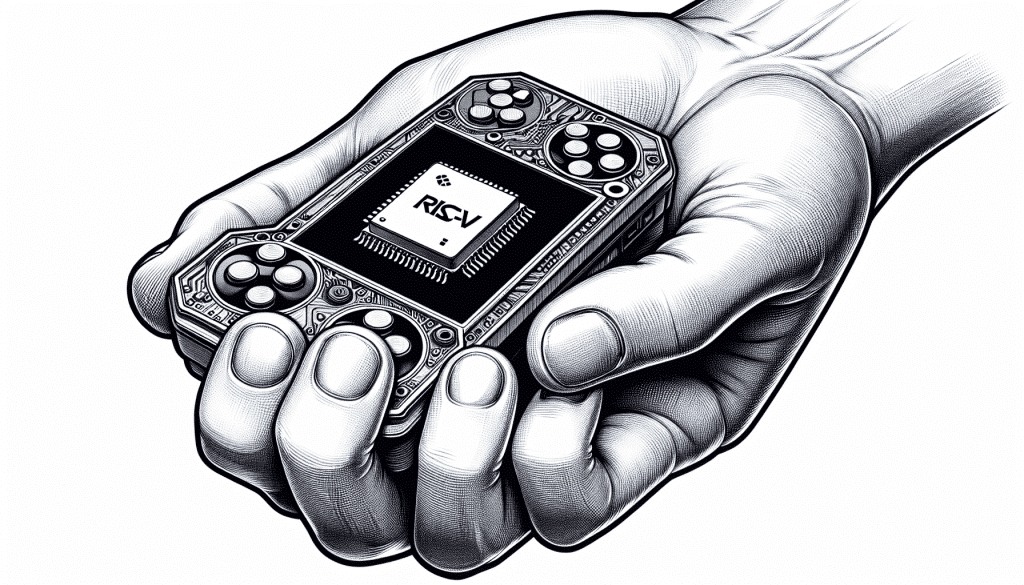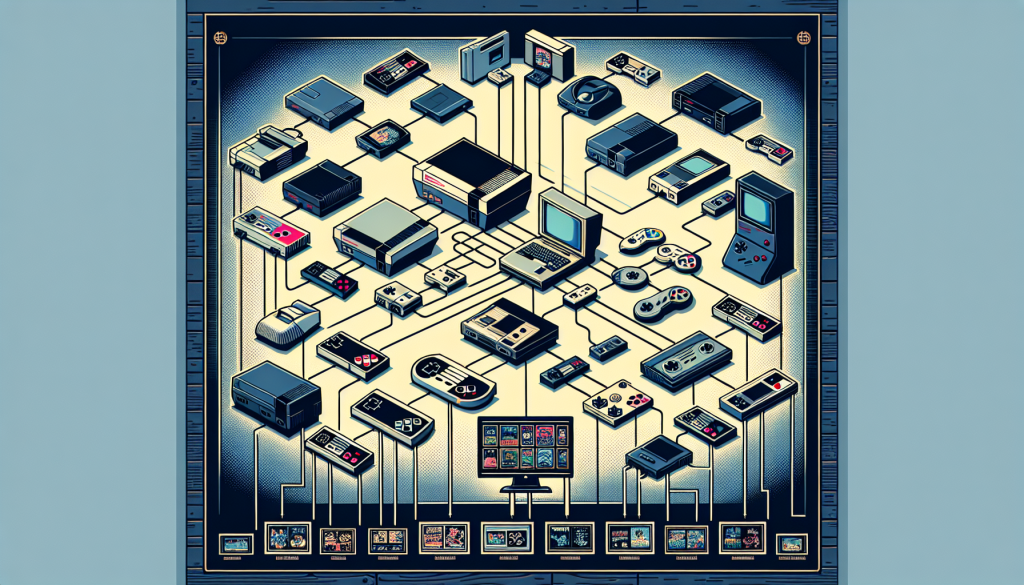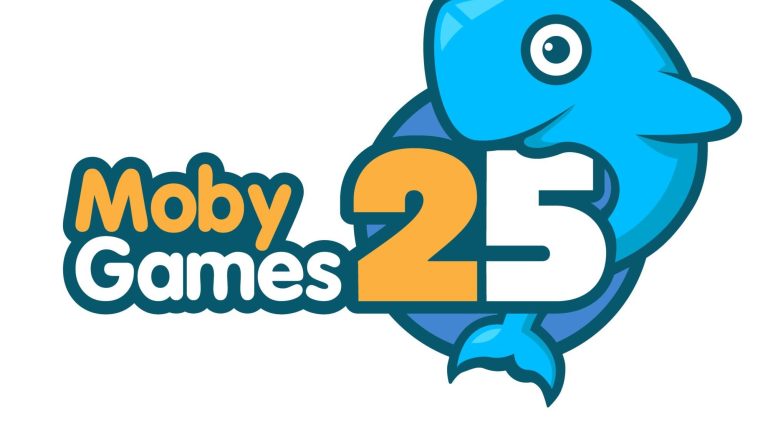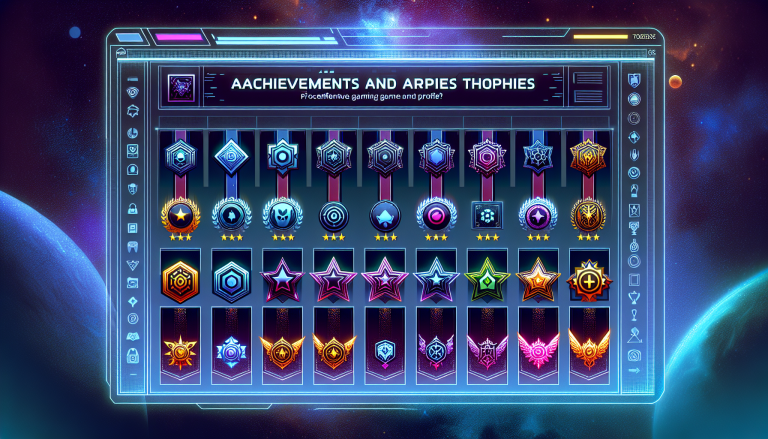Are you ready to embark on a journey into the world of tabletop gaming? In this digital age, where video games and online platforms dominate the gaming scene, it may come as a surprise that tabletop gaming is experiencing a significant rise in popularity. So, what exactly is tabletop gaming, and why is it gaining so much traction?
The Rise of Tabletop Gaming in the Digital Age
Tabletop gaming refers to board games, card games, and other forms of tabletop entertainment that are played offline, typically on a physical tabletop or surface. These games have been around for centuries, providing people with a social and interactive gaming experience long before the advent of digital technology.
However, in recent years, tabletop gaming has experienced a renaissance, with a growing number of enthusiasts embracing this analogue form of entertainment. In an increasingly digital world, many individuals are seeking alternative ways to connect with others and enjoy face-to-face interactions.
One of the key factors contributing to the resurgence of tabletop gaming is the desire for human connection. In a society that is becoming more isolated due to the prevalence of screens and online interactions, tabletop gaming offers a unique opportunity to gather around a table, engage in meaningful conversations, and build relationships with friends and family.
Moreover, tabletop gaming provides a break from the fast-paced, highly competitive nature of many digital games. Instead of focusing solely on winning, these games often prioritize cooperation, strategy, and problem-solving. This cooperative aspect fosters a sense of camaraderie and encourages players to work together towards a common goal.
Another contributing factor to the rise of tabletop gaming is the nostalgia associated with these games. Many people have fond memories of playing classic board games as children, and tabletop gaming allows them to relive those experiences and share them with the next generation. In a world where everything seems to be moving at lightning speed, these games provide a sense of comfort and familiarity.
Furthermore, the accessibility of tabletop gaming has significantly improved in recent years. There is now a wide variety of games available, catering to different interests and skill levels. Whether you are a casual gamer looking for a quick and easy game or a seasoned player seeking a more complex and strategic experience, there is a tabletop game out there for you.
Additionally, the internet has played a significant role in the resurgence of tabletop gaming. Online platforms and communities have made it easier than ever to discover new games, connect with fellow enthusiasts, and even play games remotely. These digital resources have broadened the reach of tabletop gaming, allowing people from all over the world to come together and share their passion.
So, if you’re looking for a way to unplug from the digital world, connect with others, and have a blast while doing it, tabletop gaming may be just what you need. Gather your friends, set up a game on the dining room table, and let the laughter and competition begin!
Exploring the Cultural Impact of Tabletop Gaming
Tabletop gaming has come a long way since its humble beginnings. Once seen as a niche hobby, it has now become a cultural phenomenon that is enjoyed by people of all ages and backgrounds. This rise in popularity can be attributed to various factors, including the digital age we live in and the unique experience and social interactions that tabletop gaming provides.
Tabletop gaming has always had a devoted following, but the advent of the digital age has brought it to new heights. With advancements in technology, more and more people have access to the digital tools and platforms that make tabletop gaming more accessible. Online platforms such as Roll20 and Tabletop Simulator allow players to connect with each other from all over the world, breaking down geographical barriers and enabling them to enjoy their favorite games together.
Furthermore, the rise of mobile applications has made it easier than ever to engage in tabletop gaming. Many popular board games have been adapted into digital versions, allowing players to enjoy the same experience on their phones or tablets. This convenience has made tabletop gaming more appealing to a wider audience, reaching beyond the traditional tabletop gaming community.
But what exactly is the cultural impact of tabletop gaming? Well, it goes beyond just playing a game. Tabletop gaming has become a form of storytelling, where players are immersed in rich and intricate narratives. It allows for creativity and imagination to flourish, as players take on the roles of different characters and make decisions that shape the outcome of the game. This aspect of tabletop gaming has not only captured the hearts of avid gamers but has also attracted storytellers, writers, and artists who see it as a means of creative expression.
Moreover, tabletop gaming has become a platform for social interactions and community building. In a world where many interactions are conducted through screens, tabletop gaming brings people together in a physical space. Whether it’s gathering around a table with friends or attending local gaming events, tabletop gaming fosters face-to-face interactions, creating meaningful connections and friendships.
These social interactions are further enhanced by the cooperative nature of many tabletop games. Collaborating with others, strategizing, and working towards a common goal can strengthen bonds and teach valuable life skills such as teamwork and communication. It’s no wonder that tabletop gaming has become a popular activity among families, friends, and even coworkers as a way to unwind, bond, and have fun.
So, what does the future hold for tabletop gaming? As technology continues to advance, we can expect to see even more innovation and expansion in the world of tabletop gaming. Virtual reality and augmented reality have the potential to revolutionize the way we experience tabletop games, creating immersive and interactive environments.
Additionally, game designers are constantly pushing the boundaries of creativity, developing new and exciting games that cater to a wide range of interests and preferences. From strategy games to role-playing adventures, there is a tabletop game for everyone. The future of tabletop gaming is bright, and it’s an exciting time to be a part of this thriving community.
When it comes to tabletop gaming, it’s not just about the game itself; it’s about the social interactions and sense of community that come with it. In a world where digital technology has become increasingly dominant, it may come as a surprise that tabletop gaming has experienced a resurgence in popularity.
Tabletop gaming refers to games that are played on a physical tabletop or surface, such as board games, card games, and role-playing games. While digital gaming offers convenience and accessibility, there is something special about gathering around a table with friends or family, engaging in face-to-face interactions.
The Power of Social Interactions
One of the key factors that sets tabletop gaming apart from its digital counterparts is the opportunity for meaningful social interactions. When playing a tabletop game, players have the chance to engage in conversation, strategize together, and experience the joy and frustrations of the game as a group.
These social interactions foster a sense of camaraderie and connection, creating memories and bonding experiences that are hard to replicate in a digital setting. In a world where many of our interactions are mediated through screens, tabletop gaming provides a welcome respite and a chance to connect with others on a deeper level.
Moreover, tabletop gaming communities are known for their inclusivity and acceptance. Regardless of age, gender, or background, anyone can find a place in the tabletop gaming world. It’s a space where people can come together, share their love for games, and build friendships that extend beyond the gaming table.
According to renowned game designer Richard Garfield, “Tabletop gaming has always been a great way to connect with people. It’s a unique form of entertainment that brings people together, sparks conversations, and creates lasting memories.”
To make the most of your tabletop gaming experience, it’s important to actively participate in the social aspect. Engage with your fellow players, listen to their ideas, and embrace the collaborative nature of the game. Tabletop gaming is not just about winning; it’s about the shared journey and the relationships forged along the way.
Fostering a Healthy Gaming Community
The tabletop gaming community is a vibrant and diverse group of individuals who share a common passion. To ensure a positive experience for everyone involved, it’s crucial to foster a healthy gaming community.
First and foremost, respect and inclusivity should be at the core of every interaction. Treat your fellow players with kindness and empathy, and be open to different perspectives and playstyles. Remember, diversity in gaming enriches the experience for everyone.
Additionally, communication is key in building strong tabletop gaming communities. Whether it’s discussing rules, resolving conflicts, or simply sharing insights and strategies, open and respectful communication ensures that everyone’s voices are heard and valued.
Finally, be a good sport. Celebrate victories graciously and learn from defeats with humility. Tabletop gaming is a journey filled with ups and downs, and embracing the spirit of sportsmanship fosters a positive and enjoyable atmosphere for all.
In conclusion, tabletop gaming goes beyond the game itself, offering a unique opportunity for social interactions and community building. By actively participating in the social aspect and fostering a healthy gaming community, players can create lasting memories and forge meaningful connections. So gather your friends, clear the tabletop, and let the games begin!
The Future of Tabletop Gaming: Innovation and Expansion
Tabletop gaming has come a long way since its humble origins. What was once seen as a niche hobby enjoyed by a small group of enthusiasts has now become a global phenomenon, capturing the attention of people from all walks of life. As we look towards the future, it’s clear that tabletop gaming is poised for even greater growth and innovation.
Embracing Technology
One of the most exciting aspects of the future of tabletop gaming is the integration of technology. In recent years, we’ve seen the rise of digital tabletop platforms that allow players to enjoy their favorite games online. These platforms not only provide a convenient way to play with friends who may be far away, but they also introduce new elements and mechanics that would be impossible to replicate in a physical format.
Virtual reality (VR) is another technology that holds great promise for the future of tabletop gaming. Imagine stepping into a virtual world where you can physically interact with the game components, move around the table, and see the game come to life in ways never before possible. With the rapid advancements in VR technology, it’s only a matter of time before we start seeing immersive tabletop gaming experiences that blur the line between the physical and digital realms.
Expanding Horizons
Tabletop gaming has traditionally been associated with fantasy and science fiction themes, but the future holds a vast array of possibilities for exploring new genres and themes. Game designers are constantly pushing the boundaries of creativity, introducing innovative mechanics and storytelling techniques that cater to a diverse range of interests.
Whether you’re interested in history, horror, mystery, or even cooking, there’s likely a tabletop game out there that will captivate your imagination. The future of tabletop gaming will continue to expand the horizons of what is possible, inviting players to explore new worlds and embark on unforgettable journeys.
Community Engagement
One of the greatest strengths of tabletop gaming is its ability to bring people together. The future of tabletop gaming will see an even greater emphasis on community engagement, with conventions, tournaments, and organized play events becoming more prevalent.
It’s not just about playing the games, but also about forming lasting friendships and connections with like-minded individuals. Tabletop gaming communities provide a supportive and inclusive environment where people can bond over their shared love of games.
Furthermore, the rise of social media and online platforms has made it easier than ever for tabletop gaming enthusiasts to connect and share their experiences. Whether through forums, online communities, or streaming platforms, the future of tabletop gaming will continue to foster a sense of belonging and camaraderie among players.
Environmental Considerations
As society becomes more conscious of our impact on the environment, the future of tabletop gaming will also see a greater emphasis on sustainability. Game designers and publishers are actively exploring eco-friendly materials and production methods to reduce waste and promote responsible consumption.
Additionally, there is a growing trend towards digital rulebooks and companion apps, reducing the need for physical components and further minimizing the ecological footprint of tabletop gaming.
In conclusion, the future of tabletop gaming holds immense potential for innovation, expansion, and community engagement. As technology continues to evolve, we can expect to see new and exciting ways to play, with virtual reality and digital platforms leading the charge. With a greater emphasis on inclusivity and sustainability, tabletop gaming will continue to bring people together, fostering friendships and creating memorable experiences.
